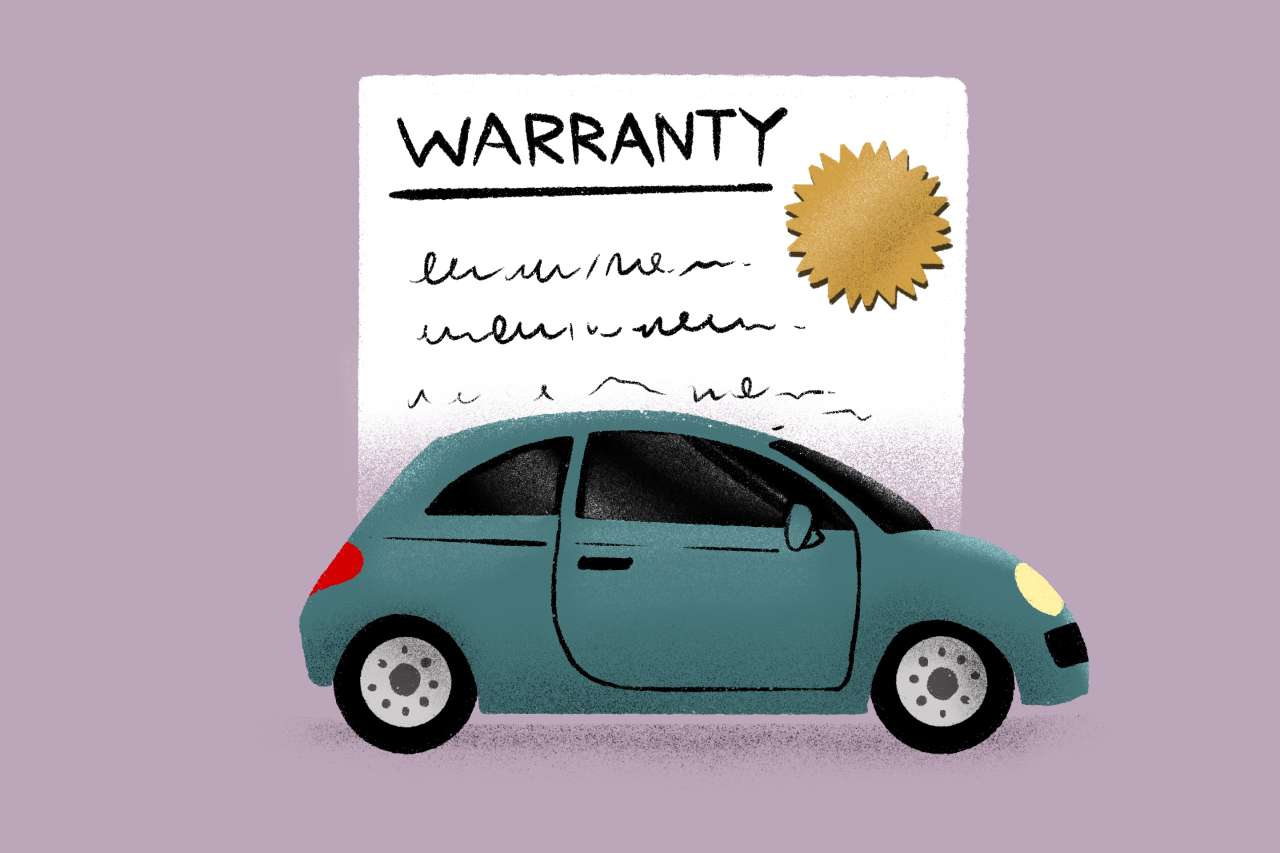Car warranties. We always hear about them as a selling point for new cars, but what exactly is a
warranty and what does it cover? When you buy a new car, it can be a little confusing to keep
track of the different warranties that automatically come with it and the optional ones such as
an extended warranty. Here are some of the types of warranties you’re most like to come
across.
Bumper-To-Bumper Warranty
A bumper-to-bumper warranty is a basic warranty that comes with every new car. It will cover
all the parts of a car that could break during normal wear and tear or due to a manufacturer’s
error. A basic warranty usually lasts for about three years or 36,000 miles, whichever comes
first, although some manufacturers offer it for a longer period of time and more miles. Bumper-
to-bumper warranties will cover electrical systems, steering systems, safety systems such as air
bags and seat belts, and GPS systems. They do not cover tires and batteries.
Powertrain Warranty
A powertrain warranty is different from a bumper-to-bumper warranty in that it covers the
mechanical parts and components that move the car. It covers the engine, transmission,
driveshafts, seals, gaskets, and the parts of the drive axle. A powertrain warranty usually lasts
longer than a basic warranty. It’s often up to five years or 60,000 miles.
Extended Warranty
An extended warranty takes over after the manufacturer’s warranty expires. These come with
an additional cost, and are offered through the manufacturer, dealership, or through a third
party. The benefit of an extended warranty is you have options for the level of coverage and
how long it will last.
Extended warranties are available for bumper-to-bumper coverage and for the powertrain. You
can decide what you want to cover depending on the cost.
Emissions Warranty
The emissions warranty covers the components that limit the vehicle’s emissions. These
warranties are complex and often cover certain components for a longer period of time and
others for a short period of time. The emission warranty is a federally mandated warranty, but
it can vary from state to state.
If your vehicle is less than two years old with less than 24,000 miles on the odometer, if it fails
an emissions test, you are probably eligible for warranty protection.
Rust and Corrosion Warranty
Many new vehicles also come with a corrosion warranty that will pay to have body panels
replaced if they rust through. In many cases, the warranty will only come into play if the panels
rust all the way through, creating a hole. Some manufacturers will provide this warranty
coverage from a certain point on the vehicle such as the window line and down.
New car warranties automatically come with your new car, providing financial protection if
something goes wrong. Since they only last for a certain number of years or miles, an extended
warranty is an option that will protect you after the original factory warranties expire.
This post may contain affiliate links. Meaning a commission is given should you decide to make a purchase through these links, at no cost to you. All products shown are researched and tested to give an accurate review for you.

